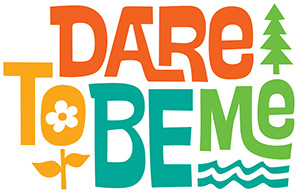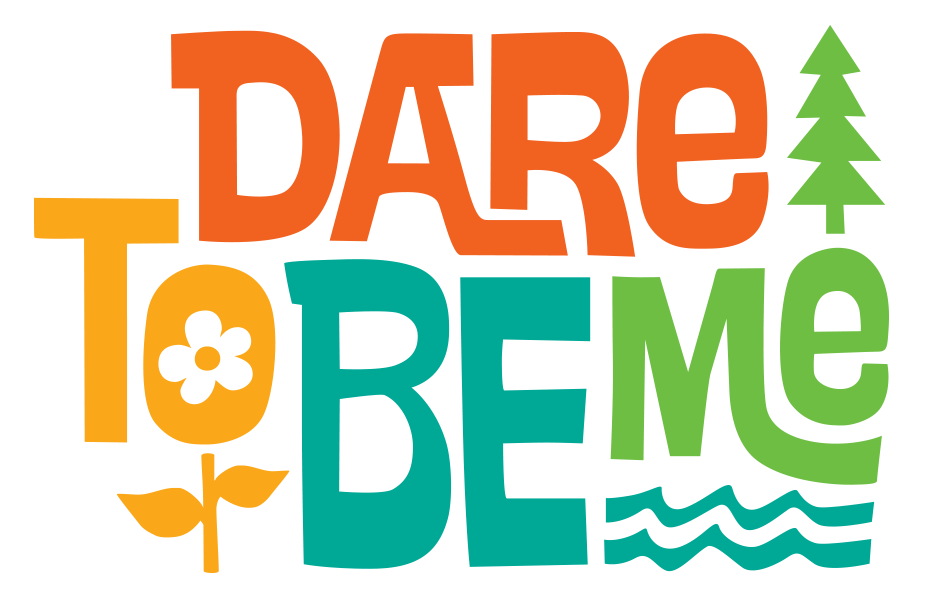Resources
Dare To Be Me synthesizes core principles of the Science of Wellbeing, Heart-Centered Education, Place-Based Education, Experiential Education, Project-Based Learning, Outdoor and Adventure Education, Contemplative Education, Social-Emotional Learning, and Expeditionary Learning. Research has shown the benefits of these modalities for students of a wide range of backgrounds.
The bibliography below lists additional resources that have been informing the evolution of Dare To Be Me:
Brackett, M. (2019). Permission to feel: The power of emotional intelligence to achieve well-being and success. Celadon Books.
Brown, B. (2021). Atlas of the heart: Mapping meaningful connection and the language of human experience. Penguin Random House.
Heath, C., & Heath, D. (2010). Switch: How to change things when change is hard. Crown Publishing.
Kagge, E. (2020). Walking: One step at a time. Vintage Books.
Menakem, R. (2017). My grandmother’s hands: Racialized trauma and the pathway to mending our hearts and bodies. Central Recovery Press.
Muhammad, G. (2023) Unearthing joy: A guide to culturally and historically responsive teaching and learning. Scholastic Inc.
Murphy Paul, A. (2021). The extended mind: The power of thinking outside the brain. Houghton Mifflin Harcourt Publishing.
Shalaby, C. (2017). Troublemakers: Lessons in freedom from young children at school. The New Press.
Shevrin Venet, A. (2021). Equity-centered trauma-informed education. W. W. Norton & Company, Inc.
Su, F. (2020). Mathematics for human flourishing. Yale University Press.
Van Der Kolk, B. (2014). The body keeps the score: Brain, mind, and body in the healing of trauma. Penguin Books.
Wall Kimmerer, R. (2013). Braiding sweetgrass: Indigenous wisdom, scientific knowledge, and the teachings of plants. Milkweed Editions.
Walker Leslie, C. (2015). The curious nature guide: Explore the natural wonders all around you. Storey Publishing.
Welling, T. (2014). Writing wild: Forming a creative partnership with nature. New World Library.

